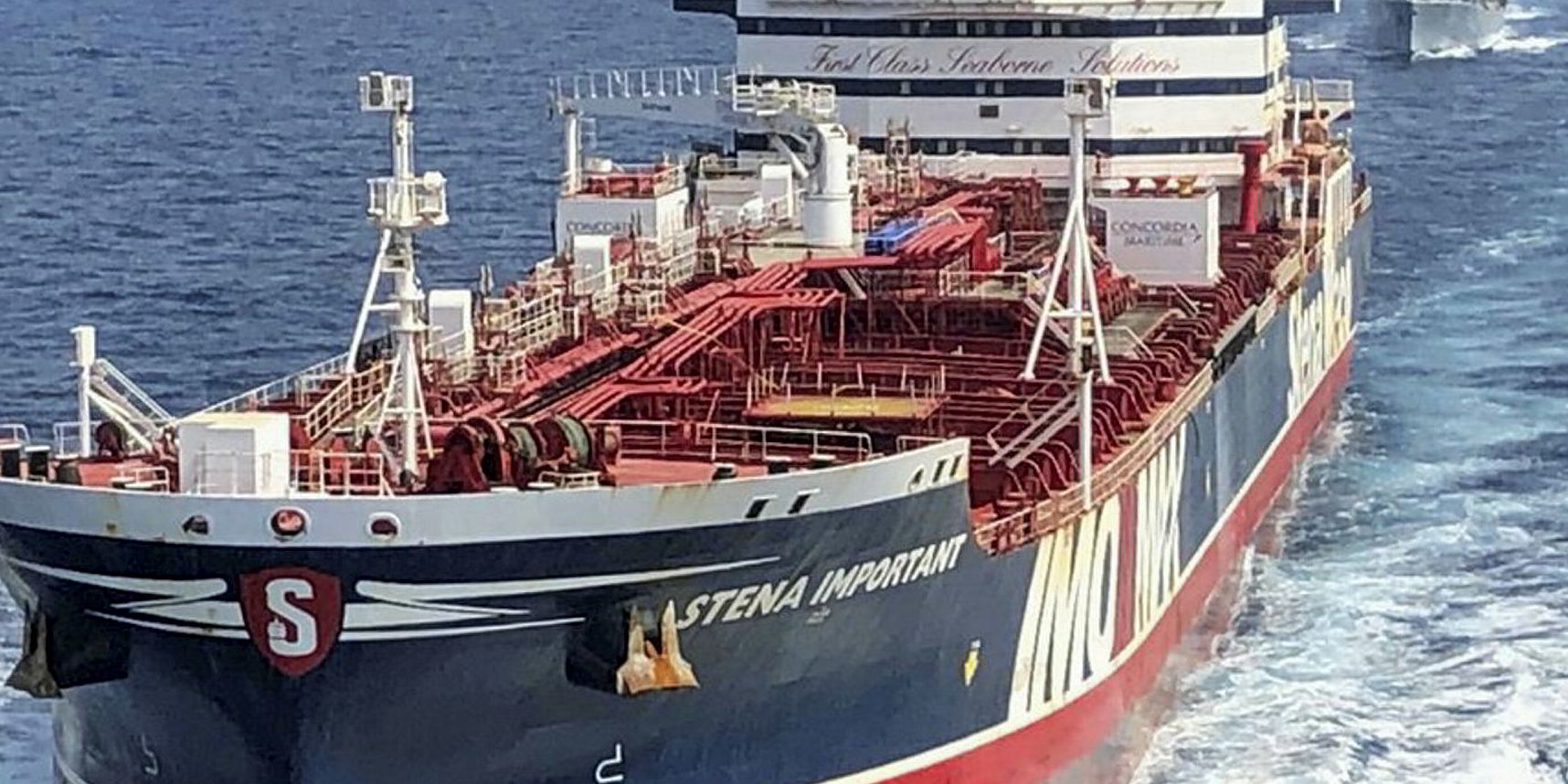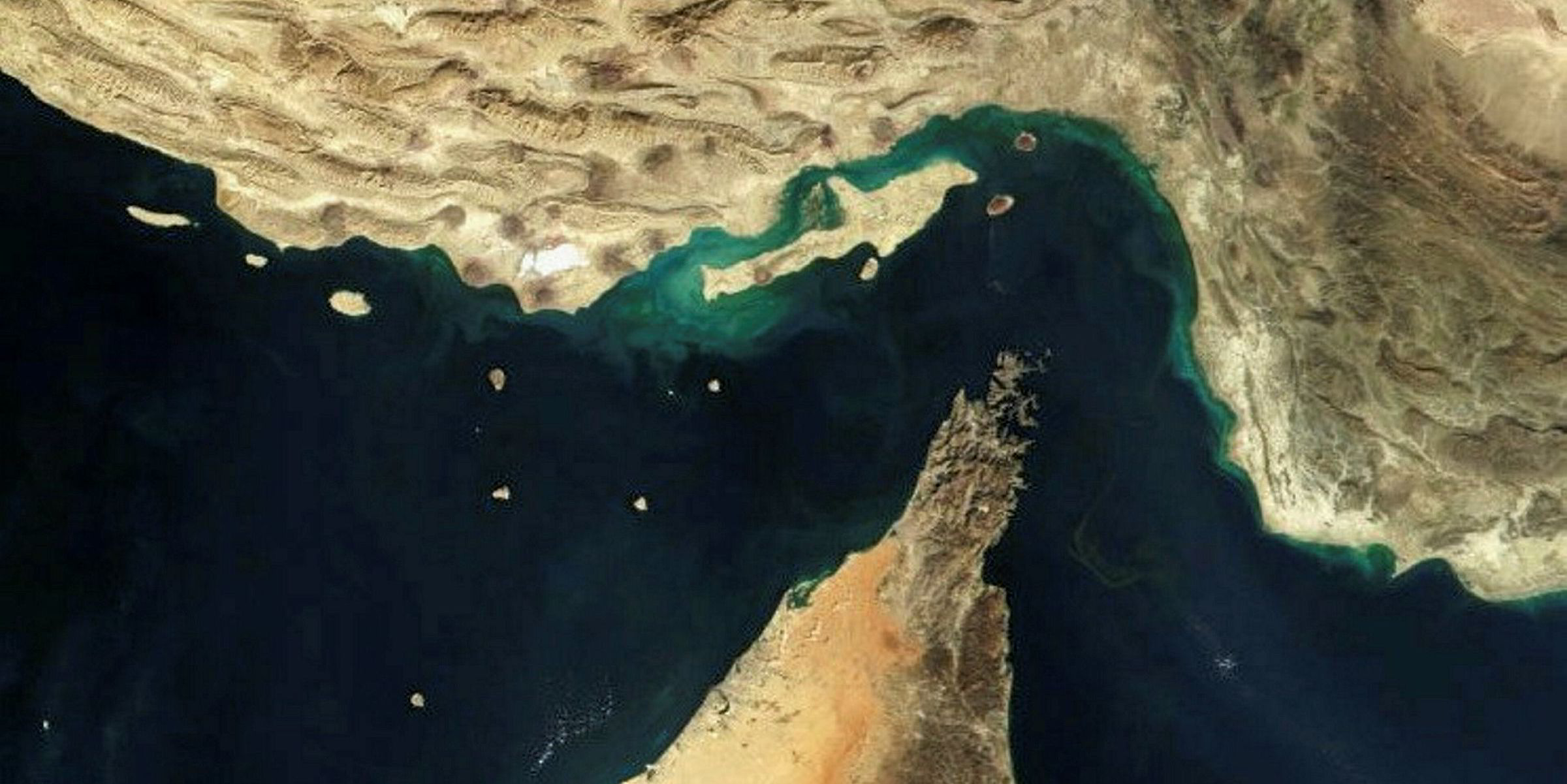A deal between the UK Chamber of Shipping and unions over employment terms of crew onboard British-flagged ships trading in the Middle East Gulf could have implications for seafarers’ wages across the industry.
A meeting on Monday of the Warlike Operations Area Committee (WOAC), involving the chamber and officers’ union Nautilus International, discussed whether the area should be declared a high-risk area after the seizure of the 50,000-dwt Stena Impero (built 2018) by Iran’s Islamic Revolutionary Guard Corps.
Such a designation would mean crew working under UK national employment contracts would be entitled to up to a doubling of wages when working in the region.
The terms of the agreement have not yet been announced while the chamber and Nautilus hammer out the final wording.
However, sources suggested that recently increased protection for British vessels in the region is likely to mean the agreement falls short of designating it as high risk. The risk rating in the region for UK-flag ships decreased after the British government sent two Royal Navy warships there to escort UK-flag vessels in the danger zone around the Strait of Hormuz.
War risk insurance premiums for UK-flag ships in the region have fallen significantly since the naval protection was announced.
British ships are also avoiding the Strait of Hormuz until political tensions in the region subside.

The WOAC agreement is likely to influence parallel talks being held in London this week under the International Bargaining Forum (IBF), shipping’s largest collective bargaining agreement, on protecting crew in the strait. The meeting was arranged to consider the results of the WOAC.
The discussions involve the International Transport Workers’ Federation (ITF) and the Joint Negotiating Group (JNG), which are the two main participants in the IBF agreement.
JNG chairman Koichi Akamine said: “JNG will engage in dialogue with the ITF to look at how we can best ensure the welfare of the seafarers sailing within the region.”
However, it is understood the employers are strongly resisting efforts to agree to higher wage rates in the region, insisting such a move is simply “throwing money at the problem”.
The ITF seems to hope an agreement could be secured for better protective measures for seafarers rather than higher wage rates.
David Heindel, chairman of the federation’s seafarers section, said: “We jointly call for a diplomatic solution to the situation and to de-escalate tensions in the region, urging governments to use maximum efforts to have the crew of the Stena Impero released. We also call on governments to assure safe passage of commercial vessels in the Strait of Hormuz.”
The impact on crew was highlighted this week when Stena Bulk expressed fears for the health of its 23 crew onboard the Stena Impero. “We are concerned about the potential impact a prolonged period of uncertainty will have on the welfare of both crew and their families,” the company said.





